His equation of fascists and communists, of fascism and communism, was recently adopted as official policy by the European Union, blaming both for World War Two, ignoring even a mention that Auschwitz, Treblinka and Sachsenhausen were freed and Nazi Germany defeated thanks more to the USSR than to any other country, and that it lost 27 million of its people as a result of Nazi aggression.
Why is the 20th century’s tragic history so distorted? And why, in Germany, are unrelenting salvos still fired at a sunken vessel, the GDR, aimed at any broken spars still visible above the waves? Why, after thirty years, is it still being kicked, like the corpse of a deceased work horse? Do some still fear it might yet kick or bite?
But sarcasm is unappropriate when recalling how thousands, in total euphoria, poured through the suddenly opened checkpoints of the Berlin Wall. At last they could freely visit friends and relatives – with no restrictions or limitations. They could soon join eager lines to admire Mona Lisa, climb the Leaning Tower, ride cablecars in Frisco’s Chinatown or camel backs to Gizeh’s pyramids, try their luck in Monaco or Vegas. After 28 years of feeling walled-in they could now breathe joyfully the fresh air of the free world. Their tears of joy were genuine.
Most immediately, they found a very tangible goal in those first heady days. Every West Berlin bank awarded them „welcome money“- 100 marks, West-marks at last, not the scorned East-marks! They could spend them freely for the bananas they had missed, like papayas and other fruits rare or unknown in the East. There were Mars bars, Hershey bars (and even all-night bars), Big Whoppers, the latest fashionable shoes, blouses, dessous and dildos, they could admire crowded Ku’damm, West Berlin’s “Fifth Avenue” or the lone, widowed panda bear in the West Berlin zoo. Or see the latest Hollywood blockbuster and buy books by Tom Clancy (or Koestler), still unavailable in the East where, within a few months, any last faded slogans about peace, production, socialism – and our wise leaders – would disappear, replaced by glittering images of Marlboro cowboys, golden McDonald arches, sleek VWs or BMWs displayed by sleek female beauties. Above all, there were those West-marks, respected in all the world – and soon required in every purchase and payment.
But alas, before long unexpected thorns were felt: unity brought rapid privatization, shutdown and abandonment of almost all East German industry, some of it decrepit, some of it state of the art, the lay-off of millions, the firing of nearly everyone in any form of administration, down to „ignorant eastern“ traffic or sewage disposal managers, the silencing of teachers, professors, journalists, scientists, actors and musicians by the thousand.
But while most of the replaced ones hunted sadly for any new occupation, however meager and unaccustomed, and others simply gave up, younger generations searched for new niches in the new/old system, rejoiced at the wide choice of cars, books, or vacation destinations and enjoyed the fireworks, perhaps even the newly-learned anthem, without regretting the loss of a fading past with all its deficiencies and injustices. And by now, after all, three decades have helped it fade!
And yet today’s atmosphere, especially in the five eastern, former GDR states, somehow seems to lack the esprit of past remembrance days. The reasons? Wages have still not caught up with West German levels, hours are longer, jobless figures higher than those in the West. In both East and West the jobs are more often insecure, temporary, part-time, lower-paid. Germany’s powerful economy, based on exports of cars, machines, chemicals, is weakening. The scandal at Volkswagen and then most other carmakers, with lying cheaters at the top poisoning the atmosphere with their gas emissions while raking in millions, is cutting export figures. A likely break-away of Britain with its Brexit can hit export trade sharply and weaken the entire European Union which Germany has been increasingly dominating. It, too, is currently torn by dissension and the increasing stubbornness of its eastern members, also rescued thirty years ago from diabolical totalitarianism but now turning ever more clearly to the right, from Warsaw and Budapest to Sofia and Kiev.
Even thirty years have not accustomed all ex-GDR citizens to seeing youngsters in the streets with their ragged dogs and paper cups for charitable donations, concert violinists begging money with Mozart in cold subway stations or, on icy nights, homeless huddled figures in sleeping bags on the stations‘ concrete floors – although some may „not even be Germans“ but only immigrants from other liberated regions such as Poland or Bulgaria.
Not only sympathy or charity result. Many in eastern Germany are still waiting for the promised „blossoming landscapes“ and wondrous West-mark bounties. Insecurity and feelings of dissatisfaction at „second-class citizenship“ lead many to sullen rejection of all „establishment parties“ and, fueled by racist propaganda too often aided by the media, cause them to believe that aid and support they are deprived of is wasted on „refugees and immigrants“, especially Islamist Muslims – in other words the poorest.
Many in Germany watched with alarm when Görlitz, one of its most beautiful towns, after losing nearly all its industry and large numbers of its young citizens, came very close to electing an extreme right-wing xenophobe from the Alternative for Germany (AfD) as mayor. On September 1 that party won a powerful second place in two of the five East German states, Saxony and Brandenburg. In two weeks it will try for the same goal in Thuringia, where its leader spouts, almost verbatim, quotations of fanatic Nazi leaders from the 1930s.
Such anger is not only expressed in voting booths but in violence as well, by fanatic loners or networks of neo-nazis, often tolerated or even supported by frightened small town mayors, sympathizers wearing police uniforms, judges‘ robes or parliamentary suits and ties. Most attacks are against those „other“ Muslims, but anti-Semitism can also be found again in German streets. In Halle, in the East German state, Saxony-Anhalt, a synagogue was attacked during Yom Kippur ceremonies and a man in a Turkish shop nearby was killed. And hatred now possesses a political base in every German state legislature, east and west.
The Fall of the Wall and the demise of the GDR which followed had other consequences. For the first time since 1945 Germans in uniform engaged in military battle when, defying the UN and international law, Tornado fighters fired NATO missiles against Serbia, a land Germany had violently attacked in both world wars. Following this historic breakthrough was the deployment of soldiers and pilots to Afghanistan and Mali and sailors to the Mediterranean.
At least as alarming are the maneuvers around northern Russia. Last year it was „Trident Juncture 2018“ with 50,000 troops from 29 countries, 150 planes and 60 ships in Norway and Arctic waters, the biggest NATO maneuvers since the Cold War ended.
Next spring it will be „Defender 2020“ with 37,000 American soldiers, 20,000 flown in from the USA to join 17,000 already stationed in Europe and with Germany serving as a hinge with „convey support centers“ to help transport them eastward. Aside from sending its own troops, top officers and weapons, Germany will spend billions to guarantee that its highways, railroad lines and waterways can withstand the rapid transport of 130-ton tanks, artillery and other modern weapons eastward to Estonia, Latvia, Lithuania and Poland – perilously close to Russia’s second metropolis, St. Petersburg.
Somehow journalistic remembrance agility rarely extends back 85 years, when Hitler’s modern network of Autobahn highways served a very similar purpose. Or five years later, when German troops held Leningrad, St. Petersburg, in an icy siege, starving and freezing to death more than a million civilians. But these maneuvers, as Lt. Gen. Christopher G. Cavoli assured the press, were innocently meant only „to frighten off possible enemies“.
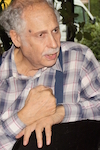
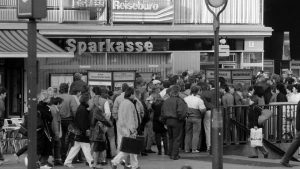



















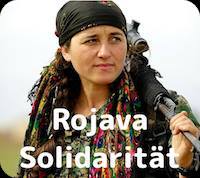

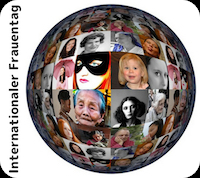
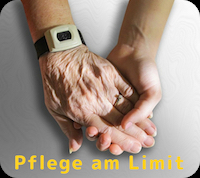
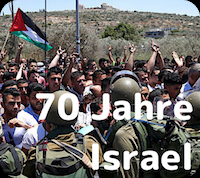

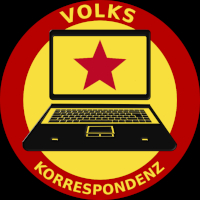

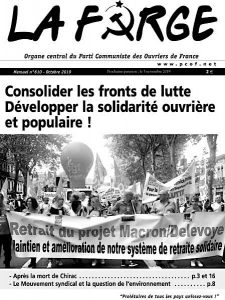



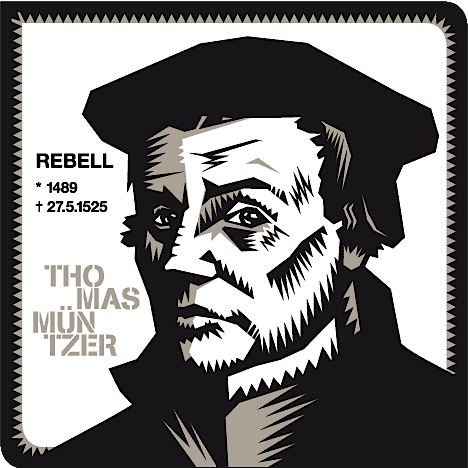
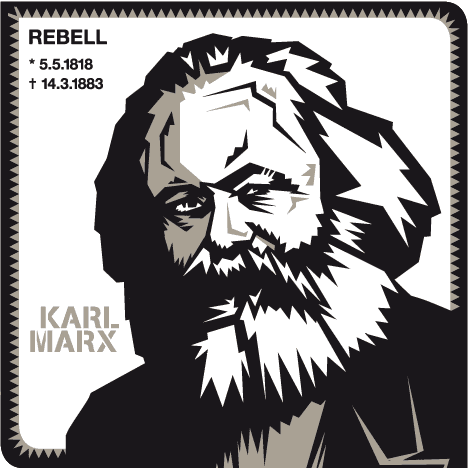
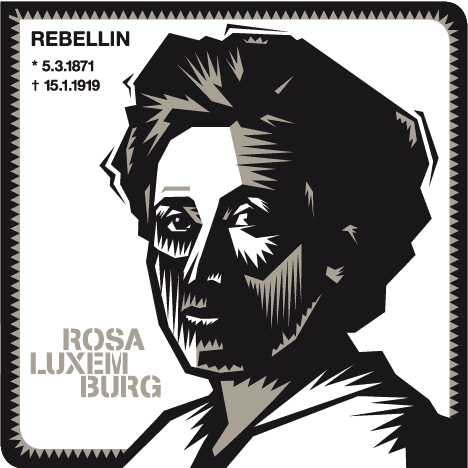
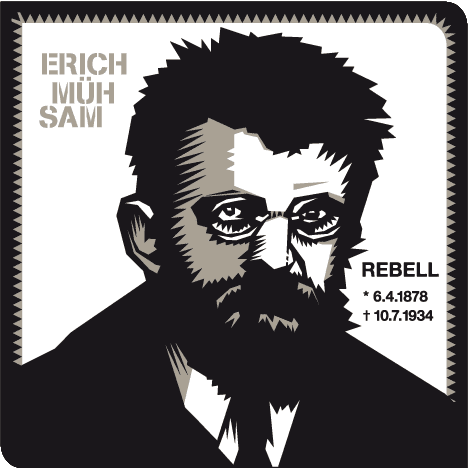
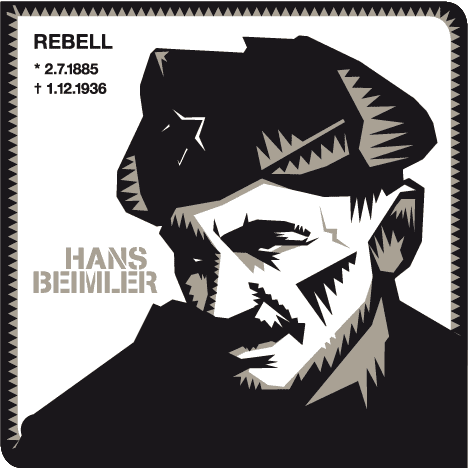
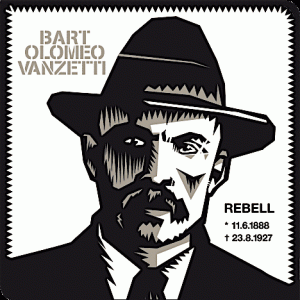
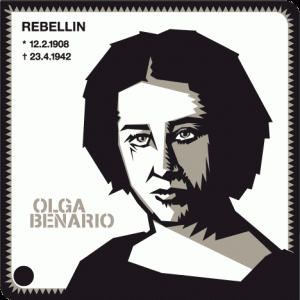
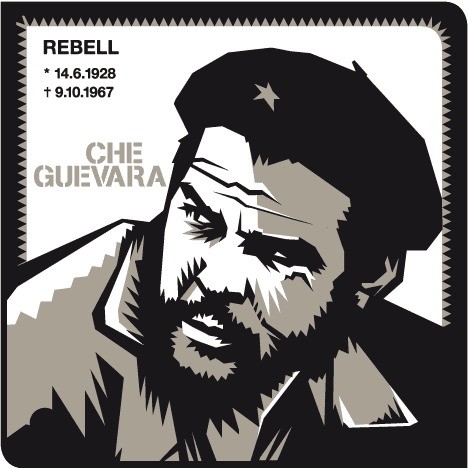
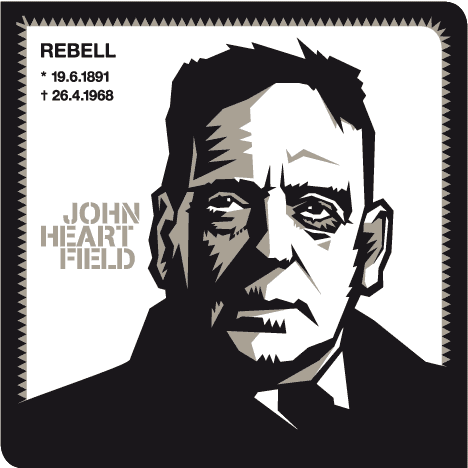
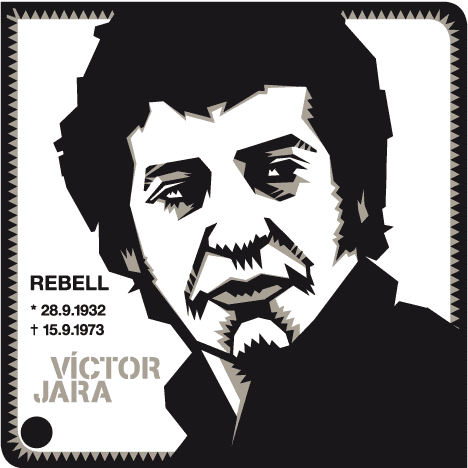
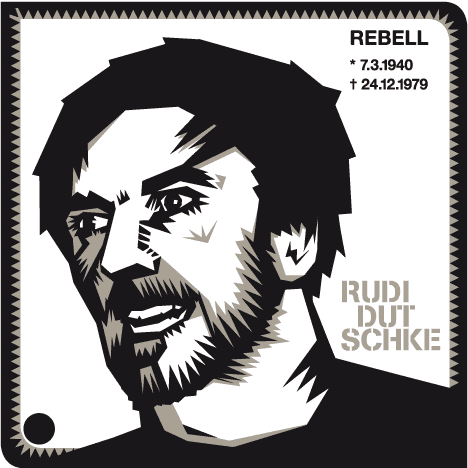
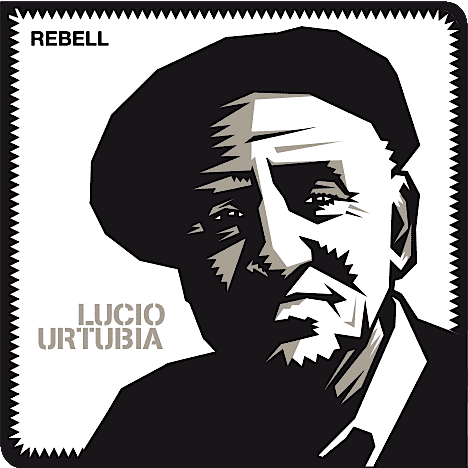

Diskussion ¬